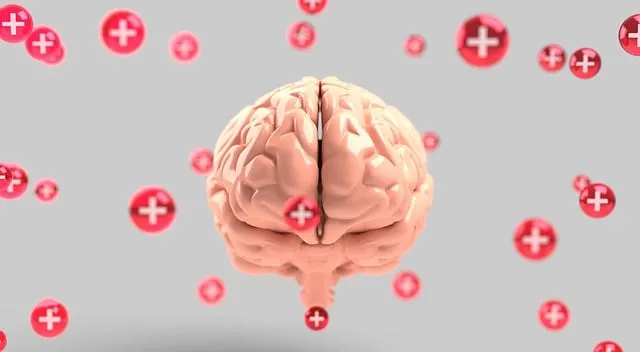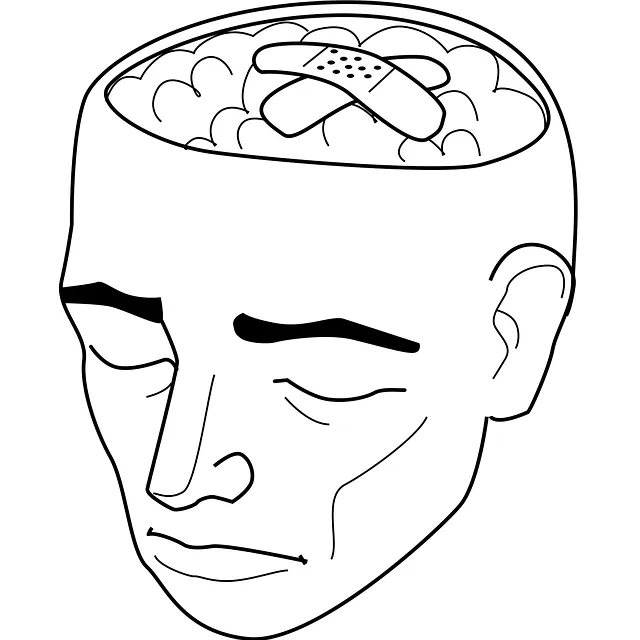Crisis Intervention Teams (CITs) are essential for modern mental healthcare, offering immediate support in high-risk situations, as demonstrated by programs at the Englewood Kaiser Permanente mental health appointment center. These training programs use realistic scenarios to teach professionals crisis recognition, response, and collaborative problem-solving. By focusing on prevention, early intervention, and long-term recovery, they enhance individual well-being. The comprehensive curriculum equips healthcare staff with vital skills for managing critical situations, building resilience, and promoting emotional well-being. These programs are key assets in building resilient communities capable of effectively responding to mental health crises, reducing pressure on services like Englewood Kaiser Permanente's.
In today’s complex social landscape, effective crisis intervention teams (CITs) are a vital resource for mental health care. These specialized groups play a crucial role in supporting individuals facing severe emotional distress or suicidal ideation. This article explores the significance of CIT training programs, using Englewood Kaiser Permanente Mental Health Appointment Center as a case study. We delve into their unique approach, benefits, and impact on community support, emphasizing why these initiatives are essential for enhancing mental health services.
- Understanding Crisis Intervention Teams: A Vital Resource for Mental Health Care
- Englewood Kaiser Permanente's Approach to Training Programs
- Benefits and Impact: Why These Programs are Essential in Community Support
Understanding Crisis Intervention Teams: A Vital Resource for Mental Health Care

Crisis Intervention Teams (CITs) are a vital resource within mental health care systems, offering immediate and specialized support during times of crisis. These teams typically consist of healthcare professionals, first responders, and community members trained to assess and de-escalate high-risk situations. At renowned centers like Englewood Kaiser Permanente’s mental health appointment center, CIT training programs have gained prominence due to their ability to foster resilience building and stress reduction methods among participants.
Such programs design mental health education around real-world scenarios, equipping team members with the skills needed to recognize and respond to a range of crises effectively. By promoting active engagement and collaborative problem-solving, these interventions not only enhance individual well-being but also contribute to a more robust support network within communities. This holistic approach aligns with contemporary mental health care goals, focusing on prevention, early intervention, and long-term recovery.
Englewood Kaiser Permanente's Approach to Training Programs

Englewood Kaiser Permanente’s mental health appointment center takes a comprehensive approach to crisis intervention team training programs. Their curriculum is meticulously designed to equip healthcare professionals with the necessary skills and knowledge to handle critical situations effectively. The program emphasizes the development of inner strength, fostering resilience among team members, which is crucial in managing high-stress environments.
Through interactive sessions, participants delve into Mind Over Matter principles, learning techniques to promote emotional well-being. This holistic training goes beyond technical proficiency by addressing the human element, ensuring teams are equipped not just to respond but to connect and support individuals in crisis. Englewood Kaiser Permanente’s approach prioritizes both personal growth and professional development, creating a robust framework for efficient crisis intervention.
Benefits and Impact: Why These Programs are Essential in Community Support

Crisis intervention team training programs are indispensable tools for fostering community resilience and support. They equip individuals with the skills to recognize and respond effectively during mental health crises, reducing the burden on existing services like the Englewood Kaiser Permanente mental health appointment center. By enhancing the community’s preparedness, these programs can mitigate the impact of severe situations and promote early intervention.
The benefits extend beyond crisis management; they contribute to a culture of emotional healing and well-being. Through interactive sessions and practical knowledge, participants learn strategies for stress management, which is crucial for maintaining mental wellness. This, in turn, inspires individuals within the community to initiate conversations around emotional health, normalizing discussions that were once taboo. Similarly, these programs can spark interest in producing mental wellness podcast series or hosting Stress Management Workshops Organization events, creating a network of support and further strengthening the community’s ability to navigate challenging situations together.
Crisis intervention team training programs, such as those offered by Englewood Kaiser Permanente’s mental health appointment center, play a pivotal role in equipping communities with essential tools for managing and preventing crises. By fostering collaboration among healthcare professionals, these programs ensure that everyone involved is prepared to respond effectively during mental health emergencies. The benefits are clear: enhanced community support, improved outcomes, and a reduced burden on emergency services. Investing in crisis intervention team training is not just recommended; it’s a necessity for building resilient, supportive communities.






